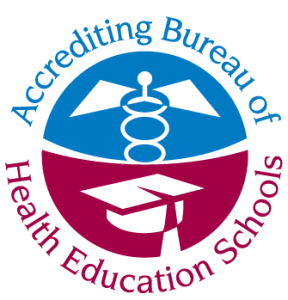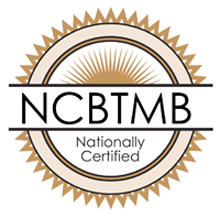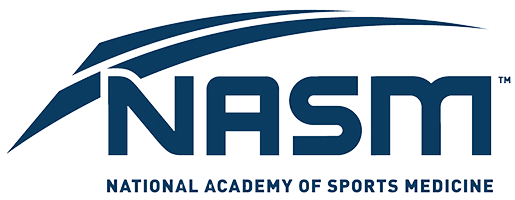Grievances
It is highly recommended that students not allow issues to interfere with their education. WellSpring School of Allied Health is committed to maintaining a campus environment where its diverse population can live and work in an atmosphere of acceptance, civility, and mutual respect for the rights, duties and sensibilities of each individual. It is generally recognized that in any human group, complaints may originate because of misunderstandings, missed communications, perceived injustices, unanswered or incorrectly answered questions or minor problems that have been neglected.
Effective communication techniques are the tools by which one builds good human relations and accomplishes the objectives of the institution. Sometimes effective two-way communication is not possible in a time of conflict. It is our goal that both sides of a disagreement will be fairly considered, and that disputes will be resolved in a timely and constructive manner. Each grievance will be treated seriously and with an awareness that grievances must ultimately be solved by people rather than structures. Internal resolution of grievances is desired.
Filing a Grievance
The formal grievance process should generally be activated only after an effort has been made to resolve an issue through an informal process and when discussions between the parties to the disagreement have been exhausted and left unresolved. An exception to this is a grievance related to an alleged violation of an individual’s civil rights. The desire to prevent or to anticipate or to register mere unhappiness over a particular decision or action does not, alone, justify a grievance.
Grievances are a serious matter and will be handled as such. All persons involved in the grievance process are expected to behave in a manner that is respectful, responsible, honest and direct. No one should instigate grievances that are frivolous or malicious. All persons are expected to participate in the grievance resolution process in good faith. In order to file a grievance, the student must complete a formal Grievance Form (available from the school office) and return it to the school office for delivery to the Campus Director. Grievances must be filed within 30 calendar days from the time of the incident in question. Copies of the formal grievance policy, grievance procedures and grievance forms are available in the school office. The grievance procedures apply to all students, faculty and staff of WellSpring School of Allied Health. Grievances (and all related information gathered) will be held in the strictest confidence.
Prior to invoking the procedures noted below, students are strongly encouraged, but not required, to discuss their grievance with the person alleged to have caused the grievance. The discussion should be held as soon as the student first becomes aware of the act or condition that is the basis of the grievance. Additionally or in the alternative, the student may wish to present his or her grievance in writing to the person alleged to have caused the grievance. In either case, the person alleged to have caused the grievance must respond to the student promptly, either orally or in writing.
- If a student decides not to present his or her grievance to the person alleged to have caused the grievance or if the student is not satisfied with the response, he or she may present the grievance in writing to the Program Manager/Director.
- The Program Manager/Director will conduct an informal investigation as warranted to resolve any factual disputes.
- The Program Manager/Director shall make a determination and submit her decision in writing to the student and to the person alleged to have caused the grievance within ten calendar days of the date of the original written grievance. This written determination shall include the reasons for the decision, shall indicate the remedial action to be taken if any, and shall inform the student of the right to seek review by the Campus Director.
- If the student is not satisfied with the decision made by the Campus Director, then the student has the option of seeking review by the Education Director or she/he may contact the State Coordinating Board for Higher Education (if in Missouri), or the Kansas Board of Regents (if in Kansas).
In accordance with Department of Education rules, we are including below the contact information for filing complaints with our accreditor or with the Missouri Department of Higher Education (Kansas City Campus) or the Kansas Board of Regents (Lawrence Campus).
Prior to contacting these agencies, students should exhaust all avenues available to them to solve the issue at the lowest level possible, starting with the procedure described above.
State Officials:
Missouri Department of Higher Education
The MDHE serves as a clearinghouse for postsecondary student complaints. The MDHE website contains information about the complaint process and includes instructions for how to file a formal complaint. Click here for the MDHE Policies & Guidelines.
Missouri Department of Higher Education
205 Jefferson Street
Jefferson City, MO 65101
573-526-1577
Kansas Board of Regents
Note that the Kansas Board of Regents policies stipulate that a student who wishes to file a complaint with the department must first exhaust all formal and informal avenues provided by the institution to resolve disputes.Click here for the Kansas Board of Regents Complaint Policy
Kansas Board of Regents
1000 SW Jackson, Suite 520
Topeka, KS 66612-1321
785-296-3421
Accrediting Agency:
Accrediting Bureau of Health Education Schools
7777 Leesburg Pike, Suite 314N
Falls Church, VA 23043




